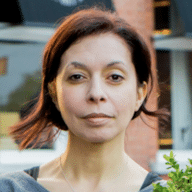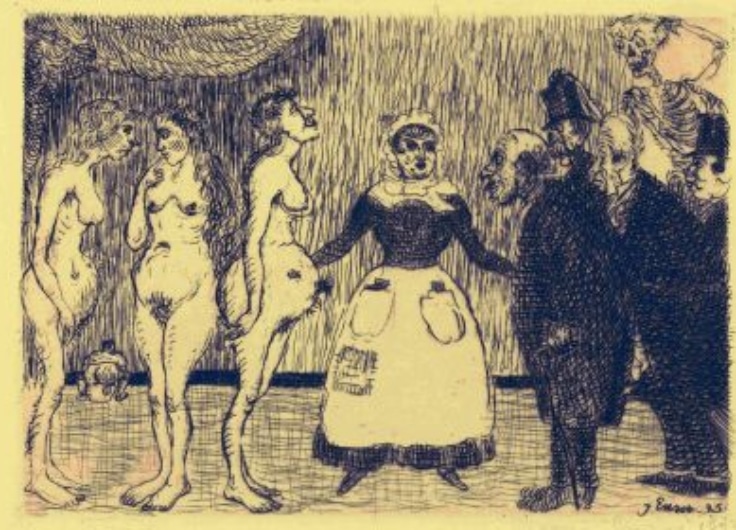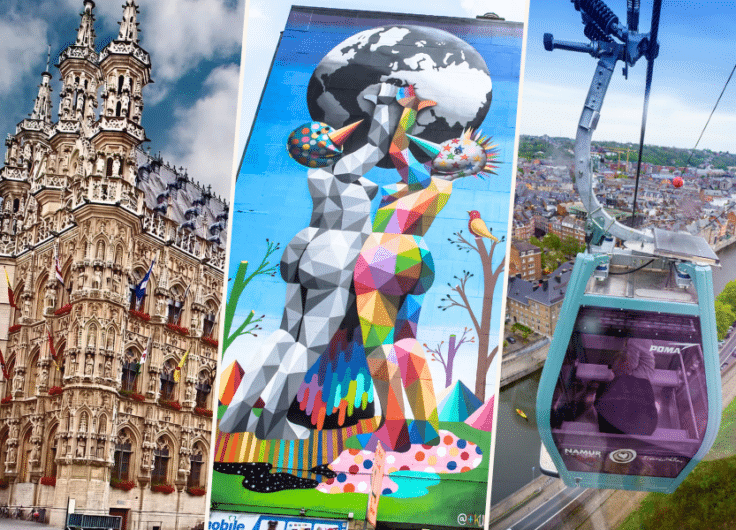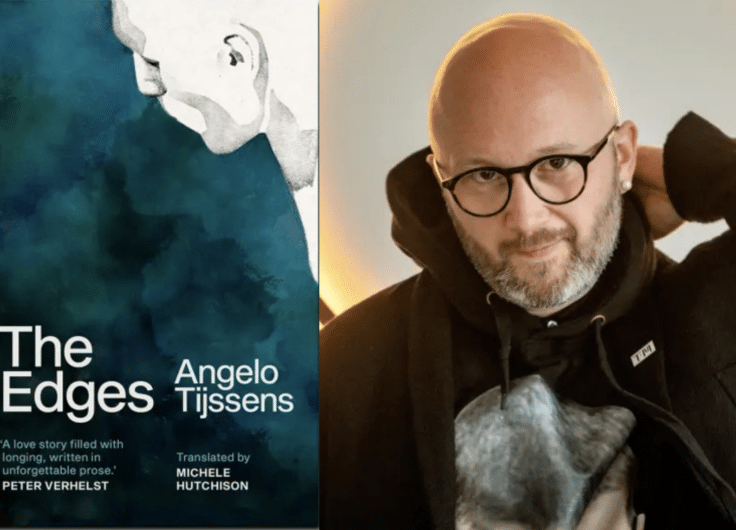Information Overload? Time for a News Diet
Our society is suffering from information overload. Every day, smartphones dump a tsunami wave of news all over us. But that does not necessarily mean that we are better informed. Hind Fraihi suggests a digital detox. ‘Why not try a Digital Free Month to drastically free ourselves from social media?’
‘We are drowning in information, while starving for wisdom.’ This quote from the American biologist Edward Osborne Wilson summarizes one of the greatest challenges of our era.
News. Information. Current events. These things were once communicated in a structured way to those who chose to tune in at set times. Remember those archaic relics of the morning paper and the 7 o’clock news? Now the news is omnipresent. Breaking news, push notifications, newsletters, clickbait, rumours, opinions, and break-down analyses; they force their way into our lives at the most unexpected and enervating moments. The purveyors of these messages are no longer a select circle of professionals – these days anyone can report the news. From the boy down the street writing about missing cats, to the spin doctors unabashedly selling biased party messages to the voting public, to the smooth advertising agents disguising their sales pitches as objective information.
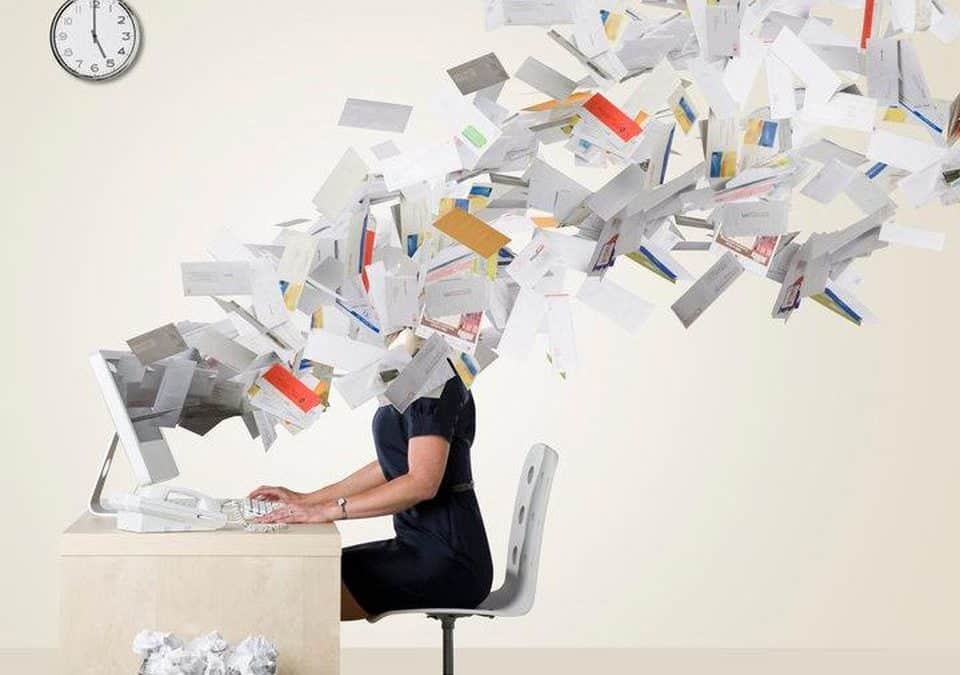
Our society is suffering from information overload. Thanks to smartphones and other devices, we are barraged non-stop, 24/7, by a tsunami of facts, tips, buzz, articles, and data. The entire world is just one swipe away. In a 2016 study it was estimated that worldwide, two million informative articles are placed online every day – from blog posts to lengthy analyses. Since then, those numbers have grown spectacularly. For example: videos posted by the digital media company Buzzfeed generate 50,925 views per minute. You would be better off grabbing a calculator to work out the dizzying number of views per day.
This is to say: our attention is demanded at every moment of the day by one media source or another. One might say this is good – better informed people make level-headed decisions, which in turn is better for all of us.
But there is a seriously dark side to this story. The more news that is available, the more people are going to consume it. Meanwhile, that consumption happens without people truly absorbing the content. Just think of the person who scarfs down a whole box of chocolates in one sitting. They have hardly been able to enjoy the individual taste of each and every bonbon, not to mention nausea that follows.
We just go after the stories that confirm our perspectives on reality
But that’s not even the biggest problem. If more news and data is available, one would expect people to inform themselves more thoroughly. For them to observe every issue from every side before forming a measured opinion. But behavioural scientists established back in the 1960s that people don’t like to admit when they are wrong. This is called confirmation bias – the search for self-affirmation. Our opinions have long been formed; we just go after the stories that confirm our perspectives on reality. And whether the sources for this information are reliable? That takes a backseat.
Due to the far-reaching democratization of news sources – anyone with a basic understanding of new technologies can set up their own “news agency” – the previously powerful gatekeepers of the industry have fallen away. That is: the people who checked and double-checked the accuracy of the content before it was published. Now, the worldwide news sources form a sort of gigantic all-you-can-eat buffet, where every cuisine imaginable offers up a little taste. Think that climate change is a hoax? A quick google search delivers countless articles directly to your screen, all confirming your views. Refugees are stealing our jobs? Innumerable articles deliver this opinion as a fact. They’re living off our tax money? You ask, we deliver. Often with contrasting opinions published on the very same “news sites

Many people and companies have turned this “contrary reporting” into a bona fide business model. Just think of Breitbart News or, closer to home in the Netherlands: GeenStijl, the Dagelijkse Standaard, and SCEPTR. The Netherlands is also eagerly anticipating the new website Ongehoord Nederland – a platform established by Arnold Karskens and Joost Niemöller to give the ‘growing number of unheard Dutch citizens’ a voice. Ongehoord Nederland targets specific topics: immigration, the ‘panic surrounding climate change imposed upon us from the top’, and ‘the Islamization of daily life’. This stewing pot of confirmation bias – larded with chunks of fake news, hoaxes, pseudoscience, and a sprinkle of anti-establishment – will only aggravate indigestion caused by information overload. Followed by heartburn.
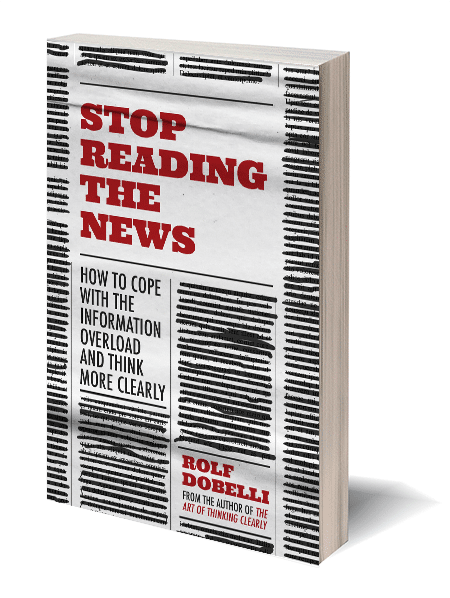
This opinion is shared by the bestselling Swiss author Rolf Dobelli. The man stopped following the news in 2010 and as a result has become, in his own words, ‘calmer and happier’. In his newest book Stop Reading the News: A Manifesto for a Happier, Calmer, and Wiser Life, he compares the current consumer of the news to the fast-food junkie. He writes: ‘Today, we have reached the same point in relation to information overload that we faced 20 years ago with food intake. News is to the mind what sugar is to the body. News is tasty and easy to digest, but at the same time extremely harmful. The media feeds us small bites of trivial matter, tidbits that in reality do not satiate our hunger for knowledge.’
There is something to be said for this analysis. But Dobelli skirts around the absolute ubiquity of the “news”, especially when it comes to social media, where the barrage of messages is arguably the most pervasive. As such, social media makes it exceptionally difficult for the average person to go through life news-free.
To give you an idea of the reach: WhatsApp claims to have 1.5 billion active users. On New Year’s Eve, they sent over 100 billion messages to each other. At the end of 2019, Facebook counted 2.4 billion users. Twitter counts 300 million users who as a group send over 500 million tweets per day, approximately 350,000 per minute. Instagram also has over a billion users who have shared over 50 billion photos and videos to date.
Social media has therefore thoroughly permeated every facet of life for billions of people. And therein lies the problem. To kick the news cold turkey would take drastic changes. You would have to do away with your accounts on Twitter, Facebook, TikTok, Instagram, WhatsApp, SnapChat, YouTube, and all other channels of self-promotion. In this age of carefully constructed images and a virtual world, this seems nigh impossible.
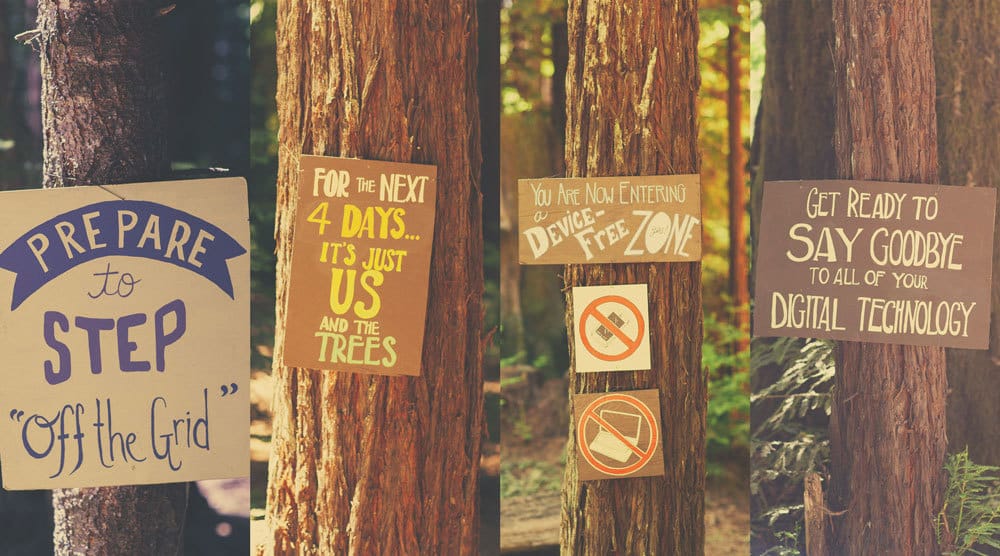
Dobelli’s way of digital seclusion – reading only magazines and books of the “better sort” – is therefore only reserved for the happy few. For all others, it seems practically apocalyptic. As if we’re raging on like impotent lemmings, swept along by the allure of all-knowing algorithms. Raging on until we plunge over the cliff’s edge. Are we a lost cause? Doomed to sit in a cave filled with echoes of our own selves, staring at the fickle shadows of our opinions upon the walls?
‘Vanity, definitely my most favourite sin,’ grins Al Pacino inimitably in The Devil’s Advocate. The infamous filter bubbles and echo chambers in which we are all supposedly locked up, are but a construct of our own vanity. Of our need for pats on the back. Those who are prepared to give up their daily portion of likes, retweets, hearts, and other artificial feel-good symbols, realize all too soon that there are still plenty of holes in the walls of our digital prison cells.
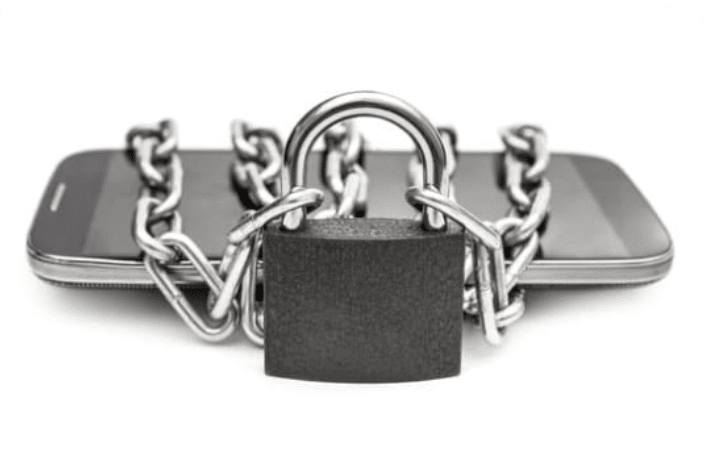
Dry January. Sugar Free February. The VeggieChallenge. As a society, we organize full-fledged virtue campaigns to temper our consumption of unhealthy substances like alcohol, sugar, and meat. But doesn’t a healthier body also deserve a healthier mind? Why not organize a Digital Free Month in which we drastically free ourselves from social media? Do away with the smartphones glued to our hands, the endless swiping, and the pointless banter with people who we will never meet in real life anyway.
As prescribed by Dobelli: Everyone grab a book, a magazine, or a newspaper if you must… and read! Learn! As long as you don’t turn around and brag about it on social media afterwards.

